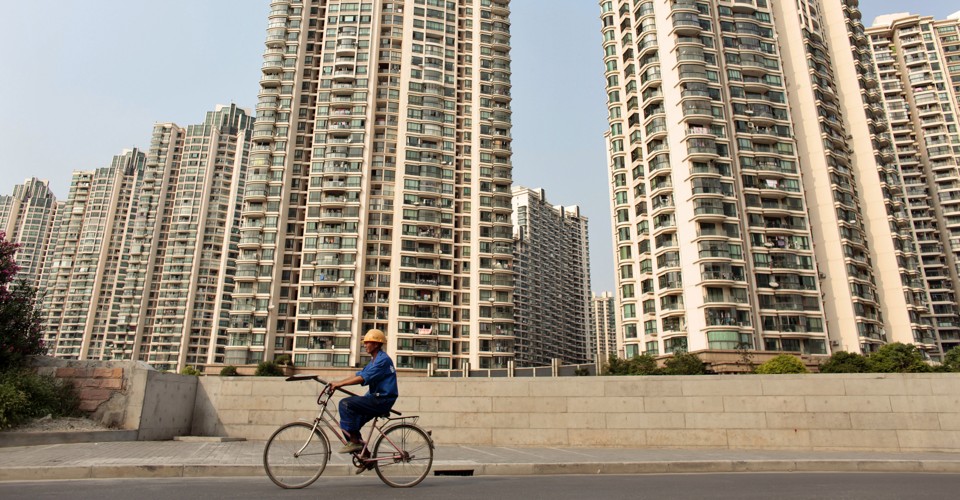Beijing Outlaws Overcrowding in Rental Housing, Potentially Leaving Thousands Out of a Home
Online reports indicate that the Beijing municipal government is taking new steps to formalize and regularize rental agreements. While these rental standards are not actually new, this most recent round of revisions attempts to clarify and emphasize policy priorities within rental contracts.
The latest reports emphasize the following policy points:
- The internal construction of a rental unit can't be changed. This means that units can't be further subdivided to add additional bedrooms or separate units.
- The per capita living area of the rental unit should not be less than five square meters.
- The number of people living in each room should not exceed two.
These are notable developments, given Beijing's longstanding challenge with overcrowding and unsafe living conditions for low-income residents. Given Beijing's influx of migrant workers and rising housing prices, the rental market has relatively few options for cheap, affordable, and good quality housing. Compounding this challenge is the preference among Chinese consumers for homeownership, as families are traditionally expected to provide their children with a home as a prerequisite to marriage.
Together, these factors create a rental market sharply divided between the haves and the have-nots. Renters tend to be either low-income residents jam-packed into shared apartments in order to afford the cost of living, or high-income but transient residents such as well-educated singletons and expats.
Historically, the policy response to challenges in the rental market has been diverse and spotty. Following a lethal fire in 2017, Beijing municipal leaders evicted many low-income migrant residents from the city outskirts in the name of preventing overcrowding in unsafe housing units. In practice, this incident highlighted the extreme inequality between residents in China's capital: while some urbanites enjoyed luxury high-rises, others were turned out onto chilly fall streets overnight with little recourse. Many speculated that this housing policy move was really intended as a means of clearing the city of undocumented and largely unregulated migrant groups.
Certainly, the government has made no bones about their intention to cap Beijing's population, distributing both people and services into the wider Jing-Jin-Ji megapolis that encompasses Tianjin and Hebei, by boosting infrastructure in those areas and moving key government buildings and services out from the Beijing city center.
While this recent policy announcement marks a welcomed focus on the challenges plaguing the rental market, it will likely go unenforced. Given Beijing's size and transient population, the administration of these widespread changes is likely to be a challenge. Other policy changes intended to protect residents, including from arbitrary increases to rent costs or sudden eviction, have been slow to gain traction given that courts are often overwhelmed or slow to act and policy changes are often poorly publicized.
READ: Everything You Need to Know About Renting an Apartment in Beijing
Photo: CityLab







